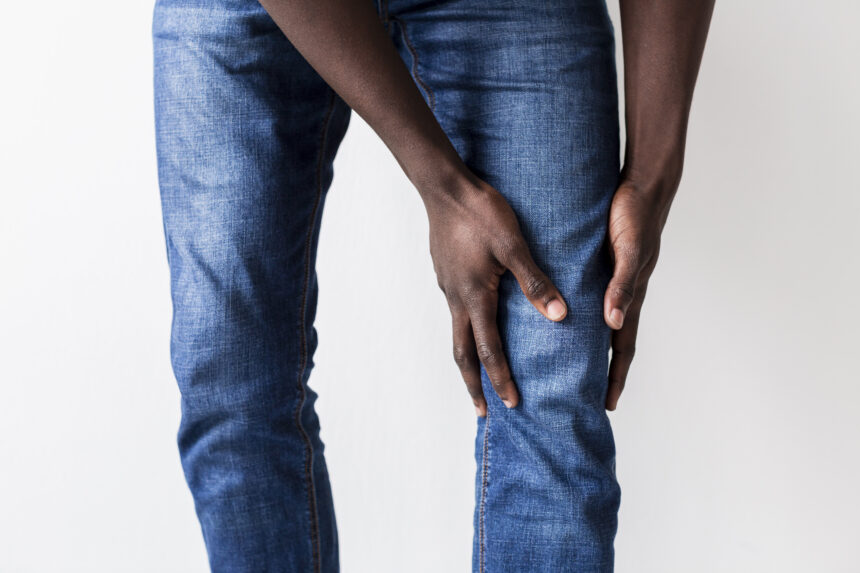Maintaining good bladder health is crucial for overall well-being and quality of life. Bladder health issues can affect men of all ages, and if left untreated, they can lead to discomfort, pain, and even serious complications. In South Africa, where men’s health remains a significant concern, it is essential to educate and raise awareness about preventing and managing bladder health problems. Here are some practical tips and advice specifically for South African men.
- Stay Hydrated: Proper hydration is fundamental for maintaining a healthy bladder. South Africa’s warm climate and sometimes physically demanding work environments can lead to dehydration. It is important to drink an adequate amount of water throughout the day to ensure proper bladder function. Aim for at least 8 cups (2 liters) of water daily, and increase your intake if you are physically active or exposed to high temperatures.
- Maintain a Balanced Diet: A nutritious diet plays a crucial role in preventing bladder health issues. South African cuisine offers a variety of fruits, vegetables, and lean proteins that can support overall health. Include foods rich in fiber, such as whole grains, legumes, and fresh produce, to promote regular bowel movements and prevent constipation. A healthy diet can also help maintain a healthy weight, which reduces the risk of bladder problems.
- Quit Smoking: Smoking is a significant risk factor for bladder cancer and other bladder-related conditions. The harmful chemicals in tobacco smoke can irritate the bladder lining and increase the chances of developing bladder problems. If you’re a smoker, seek support to quit smoking and reduce your risk of bladder health issues.
- Practice Good Toilet Habits: Maintaining good toilet habits can go a long way in preventing bladder problems. Avoid holding in urine for long periods as it can lead to urinary tract infections (UTIs) and bladder irritation. When you feel the urge to urinate, visit the restroom promptly. Also, make sure to empty your bladder completely each time to minimize the risk of urinary retention and potential infections.
- Practice Safe Sex: Sexually transmitted infections (STIs) can cause urethritis, inflammation of the urethra, which can lead to bladder issues if left untreated. Practicing safe sex by using condoms and getting regular STI screenings can help prevent STIs and protect your bladder health.
- Exercise Regularly: Regular physical activity has numerous benefits for overall health, including bladder health. Exercise can help maintain a healthy weight, improve circulation, and prevent conditions like obesity and diabetes, which are linked to bladder problems. Aim for at least 150 minutes of moderate-intensity aerobic exercise each week, such as brisk walking, cycling, or swimming.
- Manage Chronic Conditions: Chronic conditions like diabetes and hypertension can affect bladder health. It’s essential to manage these conditions properly through medication, regular check-ups, and lifestyle modifications. Keep your healthcare provider informed about your health status and follow their advice to minimize the risk of bladder-related complications.
- Seek Prompt Medical Attention: If you experience any bladder-related symptoms such as frequent urination, pain or discomfort during urination, blood in the urine, or urinary incontinence, don’t ignore them. These could be signs of an underlying problem that requires medical attention. Consult a healthcare professional who can diagnose the issue and recommend appropriate treatment.
- Maintain Mental Health: Stress and anxiety can have a negative impact on bladder health. South African men often face various stressors related to work, family, and social factors. Take steps to manage stress through relaxation techniques, regular exercise, hobbies, and social support. Prioritizing mental health can contribute to overall well-being, including bladder health.
- Regular Check-ups: Routine check-ups with a healthcare provider are crucial for early detection and prevention of bladder health issues. Regular screenings, such as prostate exams and bladder cancer screenings, can help identify potential problems in their early stages when they are more manageable.
In conclusion, taking care of bladder health is vital for South African men’s overall well-being. By adopting healthy habits, seeking prompt medical attention, and prioritizing preventative measures, men can reduce the risk of bladder-related issues and lead healthier lives. Remember, prevention and early intervention are key to maintaining a healthy bladder and a fulfilling life.










